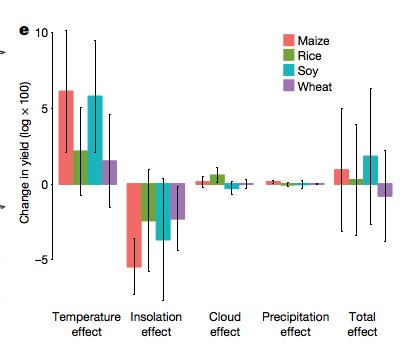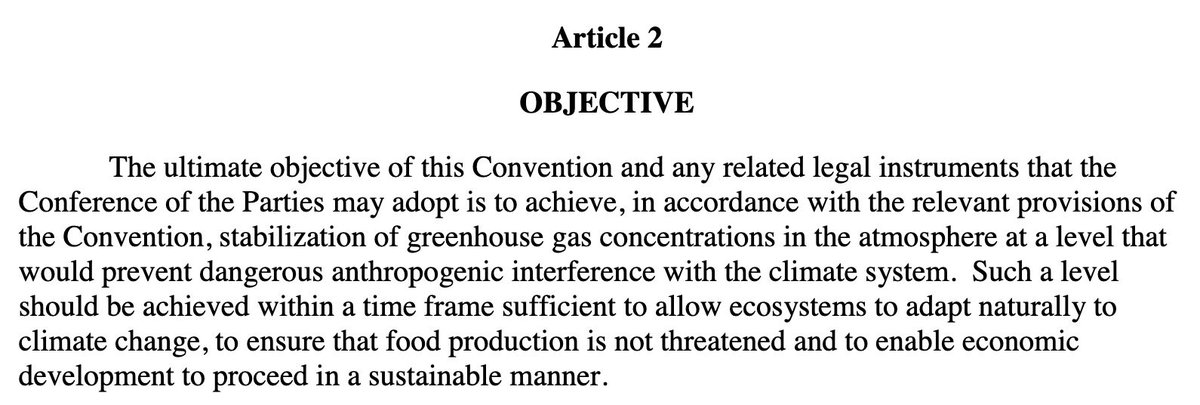The IPCC's 1.5°C scenarios have global CO2 emissions hitting net zero by ~2050. But other greenhouse gases (e.g., methane) decline more slowly, reaching net zero later in the century.
UK actually envisions CO2 hitting net zero by 2040ish: carbonbrief.org/in-depth-the-u…








